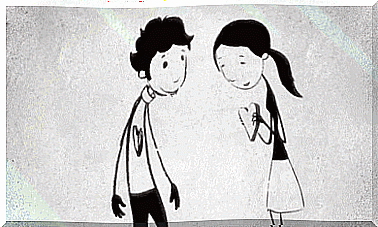7 Puzzles Of The Human Brain
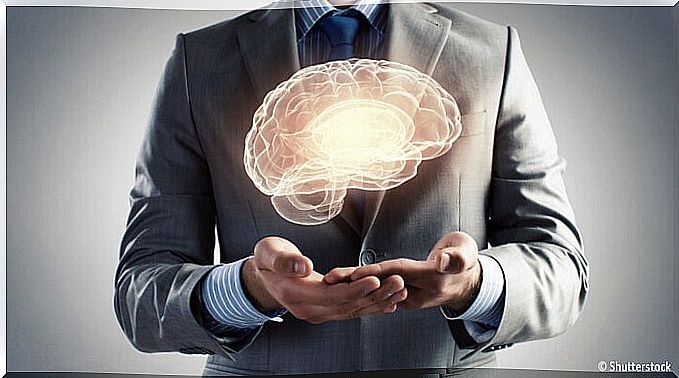
The puzzles of the human brain are an ongoing subject of research. And they persist in being. There are many questions that science has not yet been able to answer in this regard. It was only barely possible to venture to come up with a few answers and all of them are fascinating.
Our brain makes up only 2% of our body. Even so, it consumes 20% of the total oxygen and the same percentage of the energy that enters our body. If we could connect an electrode to the brain, its energy would only be used to light a 60 watt light bulb. Despite this, this organ has transformed the entire planet.
Our neurons can only be seen under a microscope. They are more than 100,000 million, but they are unable to multiply. With this colossal organ, the human race has come to be what it is. But the mystery continues and as an illustration here are seven still unsolved puzzles.
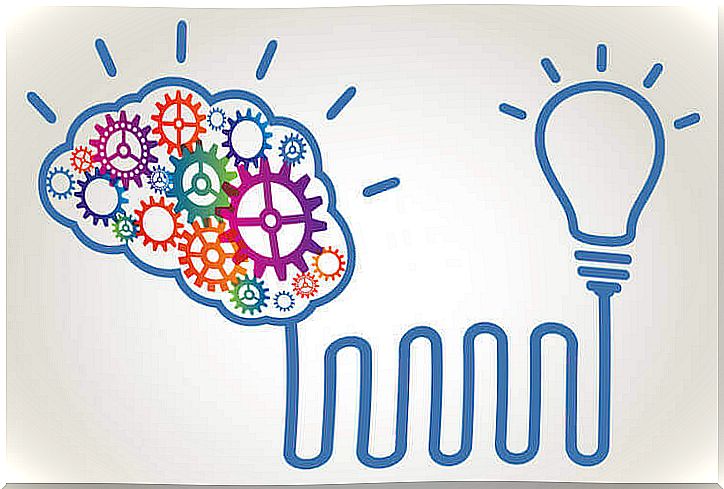
1. The intimate secrets of memory
When we learn something new, changes take place in the brain. However, we still don’t know exactly what these changes are or what the consequences are.
Likewise, one of the great puzzles of the human brain is how the different types of memory are activated. There is both long and short term memory. There is also declarative memory, which handles exact data. And non-declarative memory, which has to do with actions, like swimming, for example.
Scientists suspect that there is something common to all of these types of memory, but still have not identified it at the molecular level. They also don’t know how or why memories change or fade.
2. Emotions, one of the great enigmas of the human brain
Emotions are one of the great puzzles of the brain. First of all, we must point out that there is no consensus yet on how to define them from a neurological point of view. We know that these are cerebral states and that such states make it possible to attribute a value to facts. What’s more, from there, an action plan is generated. However, this assessment is not shared by all scientists.
Emotions have a physical afference. They induce changes in muscle tension, heart rate, body temperature, etc. There are also changes in the brain in terms of neurotransmitters. However, the detailed operation of this set of processes is unknown.
3. We still don’t know the secrets of intelligence
From a neurological perspective, there is also no agreed upon definition of intelligence. Ideas related to how they are evaluated are used to specify the concept of intelligence. But there is no brain pattern that can be used as a definition of this skill.
Some studies suggest that intelligence is linked to working memory. Such investigations are by no means conclusive. What we do know is that the intellectual zones act at the same time on different brain zones and several thought mechanisms. However, intelligence remains one of the great puzzles of the human brain.
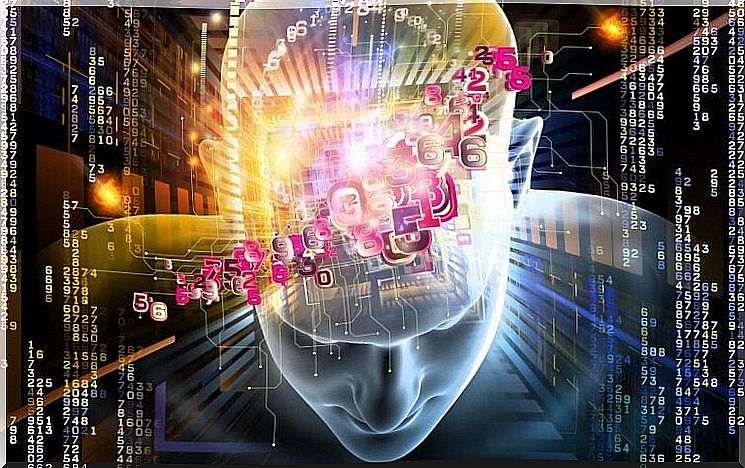
4. Why do we sleep and dream?
Sleeping and dreaming have always been associated with rest. However, over the past few decades, it has been discovered that the brain actually remains very active during sleep. There are even times when it is more active than when we are awake.
Right now there are assumptions that are more in vogue, but in reality we don’t know why we are sleeping and why we are dreaming. While there may be a regenerative function, it is certainly not the only thing inherent in the dream. It is believed that sleeping makes it easier to solve problems and fix knowledge in memory and, therefore, is a preparation for action.
5. We have no awareness of consciousness
Consciousness is a philosophical, psychological and anthropological concept, among others, but it is also a neurological problem. So far, we know that contact with material things generates small changes in the brain.
However, one of the great puzzles of the human brain is how to produce different levels of consciousness. The so-called “higher consciousness” or the ability to recognize universal reality in objective terms appears to be the result of massive feedback from the brain circuits. There are no more details on this.
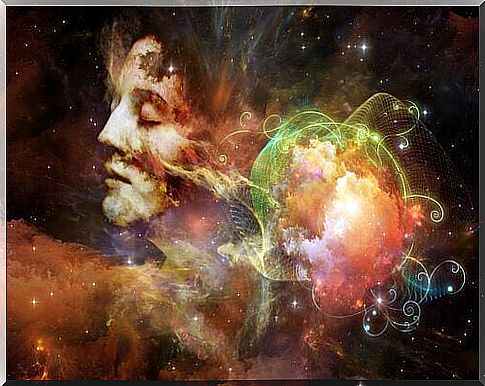
6. The simulation of the future, a mystery
One of the most extraordinary powers of our brain is this ability to simulate the future. That is to say, predicting what will happen, predicting it or guessing it. It is a wonderful expression of our intelligence and our potential.
It is not known how the brain manages to do this simulation. It is believed to be related to the creation of patterns and their contrast with memory. For the moment, we do not know what are the mechanisms that make it possible to produce this type of simulation.

7. Temporal phenomena
It seems that the brain has a hard time processing events that are happening simultaneously. This is true when two or more events occur at different rates.
Apparently the brain tries to perceive them as if they are synchronous; it is as if they are happening at the same speed. Something that, for example, can lead to dyslexia and falls in the elderly. It is not known why this is happening.
Although a lot of progress has been made in neurology, there are still a lot of puzzles to be solved around how the human brain works. This is not nothing, if we take into account the fact that it is a very complex organ and that it is this same organ which is involved in the extraordinary task of knowing itself..






